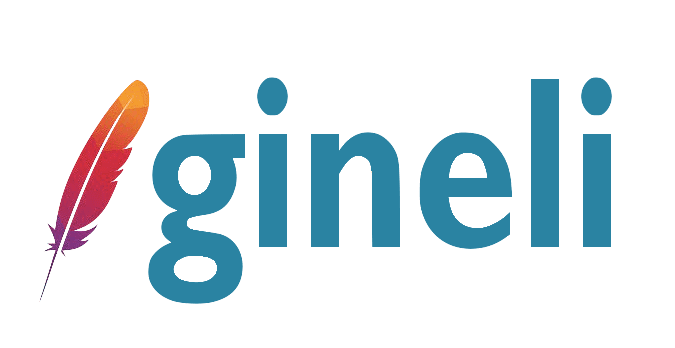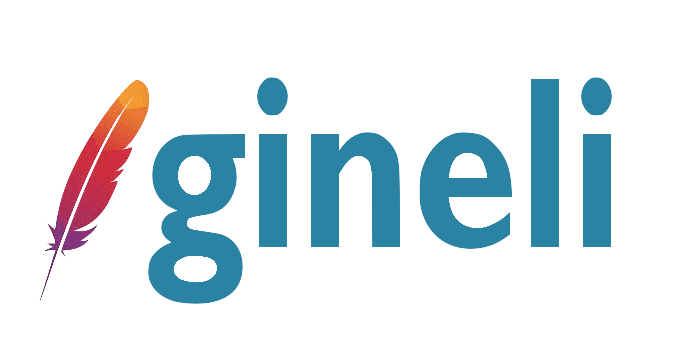Introduction
The digital era has transformed how businesses collect, store, and use personal information. Personal data moves across multiple systems, devices, and locations. It often extends beyond the traditional office walls. This shift comes from cloud-based platforms, AI-driven tools, and remote work arrangements.
These technologies offer efficiency and innovation. Yet, they also introduce new risks. Businesses must navigate these carefully, especially under South Africa’s Protection of Personal Information Act (POPIA).
POPIA makes it clear: organisations stay responsible for protecting personal data. This holds true regardless of where it is processed. It also applies to who processes it on their behalf. Failing to do so can result in reputational damage, financial penalties, and loss of customer trust.
In this blog, we examine four areas where digital transformation can challenge POPIA compliance. These are cloud computing, artificial intelligence, remote work, and third-party vendors. We also share practical steps your organisation can take. These steps protect personal information while still leveraging the benefits of digital tools.
Cloud Computing and Data Sovereignty: Where Is Your Data?
Cloud computing has become the backbone of many organisations — from small businesses to large enterprises. Platforms like Microsoft Azure, AWS, and Google Cloud offer scalable storage and computing power. Yet, with convenience comes the challenge of data sovereignty — the question of where personal data is physically stored.
POPIA Compliance Considerations for Cloud Computing:
- Cross-border data transfers: POPIA mandates adequate protection for personal data sent outside South Africa. Such transfers must adhere to protection laws or agreements. Simply using a global cloud provider doesn’t guarantee compliance.
- Vendor due diligence: Organisations must verify their cloud service providers meet POPIA standards. This includes reviewing contracts, privacy policies, and data processing agreements.
- Shared responsibility: Using the cloud doesn’t remove your accountability under POPIA. You must understand which security controls are your responsibility and which are the provider’s.
Artificial Intelligence and Automated Decision-Making
AI technologies — from chatbots to data analytics and predictive modeling — process vast amounts of personal information. While these tools drive smarter decision-making, they also raise significant privacy and fairness concerns.
POPIA Risks and Requirements Around AI:
- Lack of transparency: AI systems may collect, process, and make decisions based on personal data. Individuals may not fully understand how their information is used.
- Automated decision-making risks: POPIA requires that data subjects be informed when decisions affecting them are made solely by automated means. It grants them the right to object.
- Bias and discrimination: Poorly designed AI models could unintentionally discriminate against certain groups, opening organisations to legal and reputational risks.
Tip: Always offer a human review process for important decisions made by AI. Be transparent with users about data usage.
Remote Work and BYOD: Managing Privacy Beyond the Office Walls
Remote work is here to stay. With it comes the widespread use of personal devices, home Wi-Fi networks, and third-party apps. These elements introduce new vulnerabilities when handling personal information.
POPIA Compliance Risks in Remote Work:
- Unsecured networks: Employees may access or share sensitive information over public or home Wi-Fi networks without proper protection.
- Personal devices: Using personal laptops or smartphones without security controls can expose personal data to breaches.
- Loss of control: It becomes harder for organisations to track where personal information is stored, accessed, or shared.
Recommended Safeguards:
- Implement strong VPNs and encryption for remote access.
- Develop clear BYOD (Bring Your Own Device) policies that cover security and privacy requirements.
- Regularly train remote employees on POPIA obligations and data handling best practices.
Managing Third-Party Vendors: The Hidden Risk
Organisations rely heavily on third-party IT service providers, SaaS platforms, and contractors. Yet, outsourcing doesn’t outsource your legal obligations under POPIA.
The next example shows the importance of ensuring POPIA compliance by third parties:
Pennsylvania, USA (2024): A staffing firm responsible for COVID-19 contact tracing mishandled personal data of approximately 72,000 residents. The data was stored in unsecured online folders. This led to a $2.7 million settlement, highlighting the critical need for proper data handling by third-party vendors. Source: https://apnews.com/article/impact-global-pennsylvania-covid-contact-tracing-data-6c695c1cb1a6c222608c56bec77d5d84?utm_source=chatgpt.com
Key Actions:
- Review contracts: Ensure every third party handling personal data signs a processing agreement aligned with POPIA requirements.
- Monitor compliance: Regularly audit vendors to verify their security practices and POPIA adherence.
- Limit access: Only provide vendors with the minimum personal information necessary to perform their function.
Practical Tips to Strengthen POPIA Compliance in the Digital Age
- Conduct regular digital risk assessments to find potential vulnerabilities in your tech stack.
- Update privacy policies and contracts to explicitly handle cloud, AI, and remote work considerations.
- Invest in staff training focused on digital privacy risks, especially for those working remotely or using AI tools.
- Prepare a breach response plan that considers cloud-based incidents and remote work scenarios.
- Update your IT acceptable use policy. Guide employees on compliance to POPIA. Pay special attention to using AI tools and working remotely.
Conclusion: Turning Digital Risks into Competitive Advantages
Navigating POPIA compliance in the digital age is no small task — but it’s also an opportunity. Companies and organisations that prioritise personal data protection will not only avoid fines. They will also build trust with their customers, partners, and employees by adapting to the evolving digital landscape.
Data privacy is quickly becoming a competitive differentiator for businesses. By proactively addressing risks around cloud computing, AI, and remote work, your organisation can stay compliant. It can also thrive in a digital-first world.






